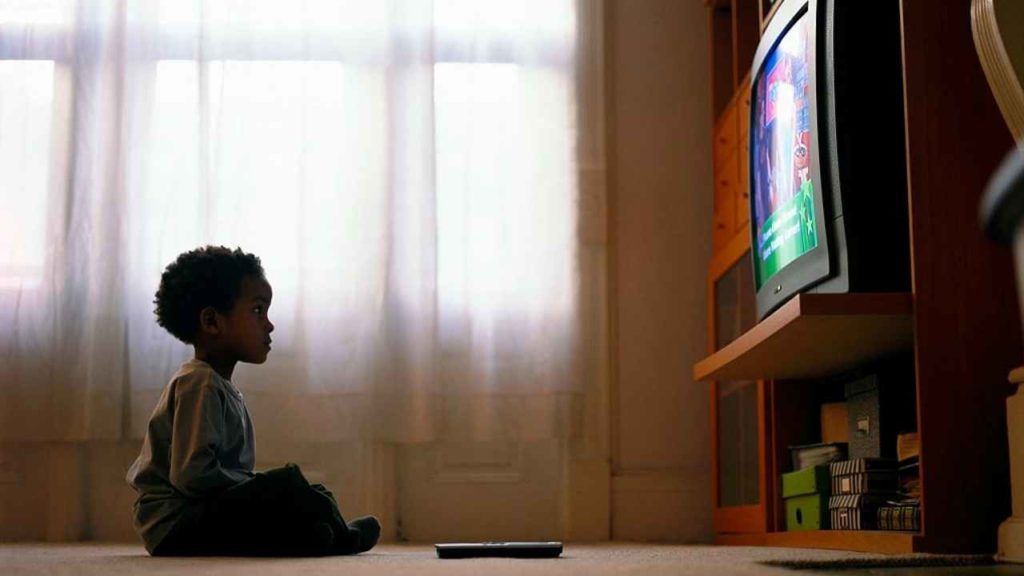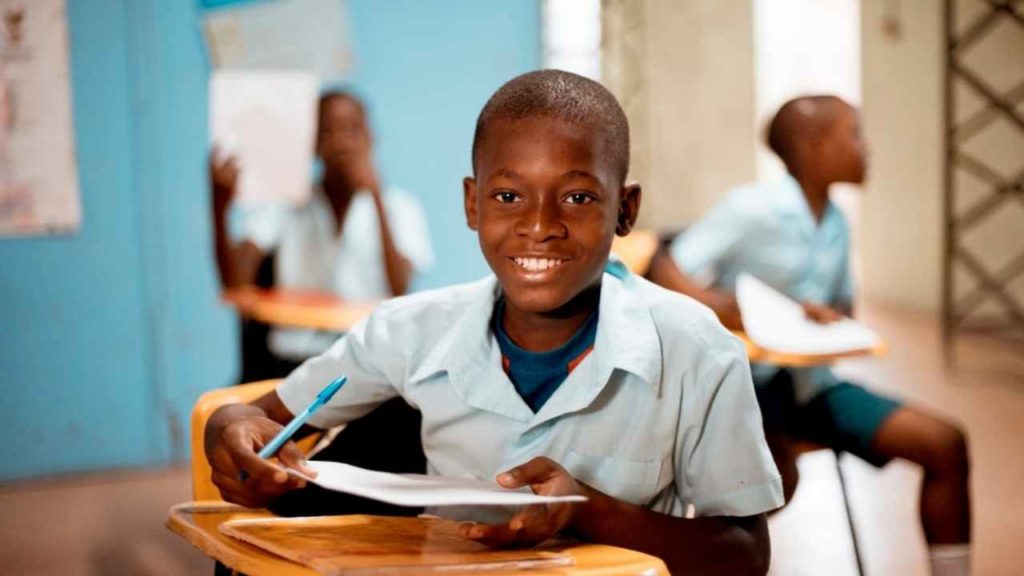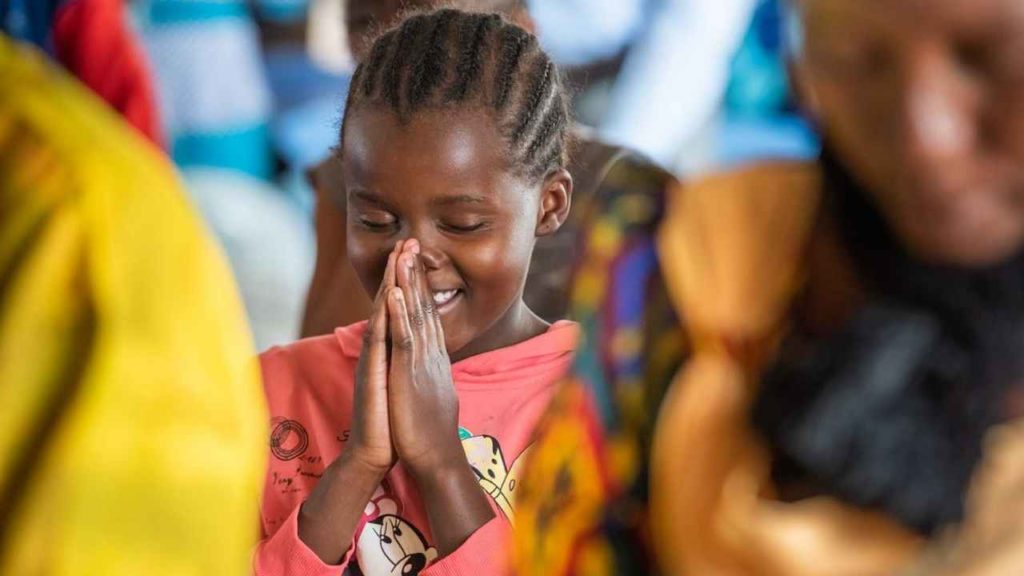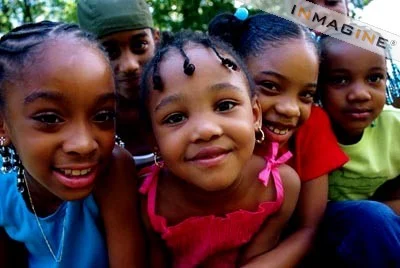The agents of socialization are the means through which social normsA norm is a rule, standard, or pattern for action. Social norm refers to shared standards of acceptable behaviour by a group of people. The norms in any society are based... More are impressed on an individual. There are various ways individuals are taught acceptable values, norms, and skills in the societyThe term society is derived from the Latin word 'socius' meaning friendship or companionship. Society is a community, nation or group of people who share the same traditions, institutions, rules and... More. The Family, Mass media, School, Religious organizations, and Peer groups are agents of socialization.
Family:
This is the first contact of the child, therefore, they are the first agent of socialization for every individual. The family unit a child is born into plays an important role in the socialization of the child.
The family teaches the child socially acceptable behaviour, norms, values, dressing, acquisition and use of language, eating habits, respect for elders and so on.
Here the child learns from the parents and siblings in the formative years of their infancy and the knowledge acquired here will affect the child’s secondary (or Adulthood) socialization.

Mass Media:
Mass media refers to a diverse array of media technologies that reach a large audience via mass communication, such as radio, television, newspaper, social media and magazine, internet.
They contribute to socialization by giving information about sports, political foreign culture, education.
Through mass media children and adults learn about things happening in their immediate environment and the world at large.
Mass Media reinforces the effort of the family, school and other agents, although there is a need for parental guidance in the use of this agent.

School:
The school is an agent whereby the child acquires formal education. It plays an important role in educating and shaping the personality of a child.
The school transmits not only skill and practical knowledge but also important life values such as patriotism, ambition, concern for others, and so on.
In school, the child gets a chance to interact with teachers and students from different backgrounds and learns how to adjust to people.

Religious Organization:
Religious organizations are a very important agent of socialization. The three main religions in Nigeria are Christianity, Islam, and traditional religions.
With Christianity the teachings promote peace, love, patience, kindness, and fear of God; this helps with the spiritual and moral development of a child. Islam also has teachings that positively affect the development of a child. However, the same cannot be said for all traditional religions.

Peer Group (Playmates or Age Group):
Peer groups are formed when children of the same (or similar) ages come together to interact, play, share ideas, and views thereby influencing one another either negatively or positively.
When a child keeps good company, it is evident by the good behavior of the child, but a child with negative influence will be affected likewise. Hence parents are advised to watch and guide the choice of friends their children keep.




Responses